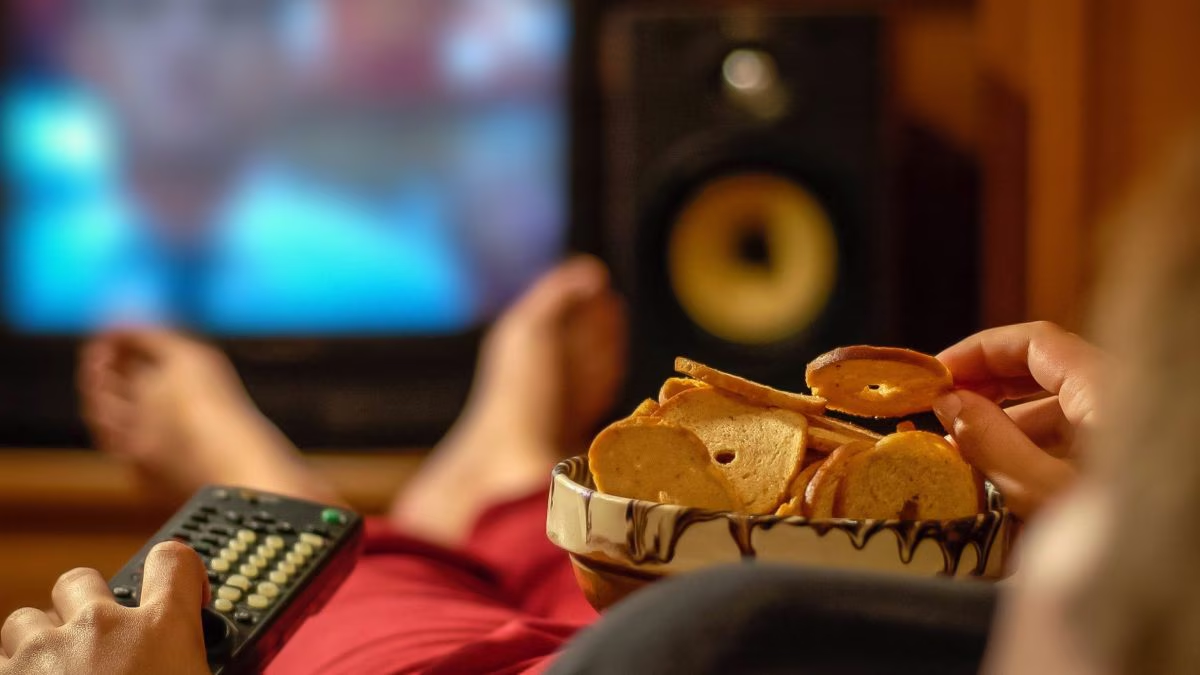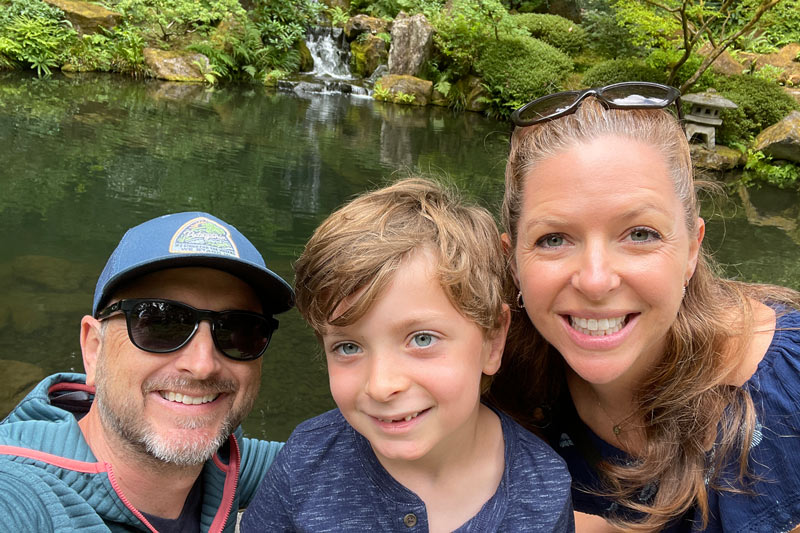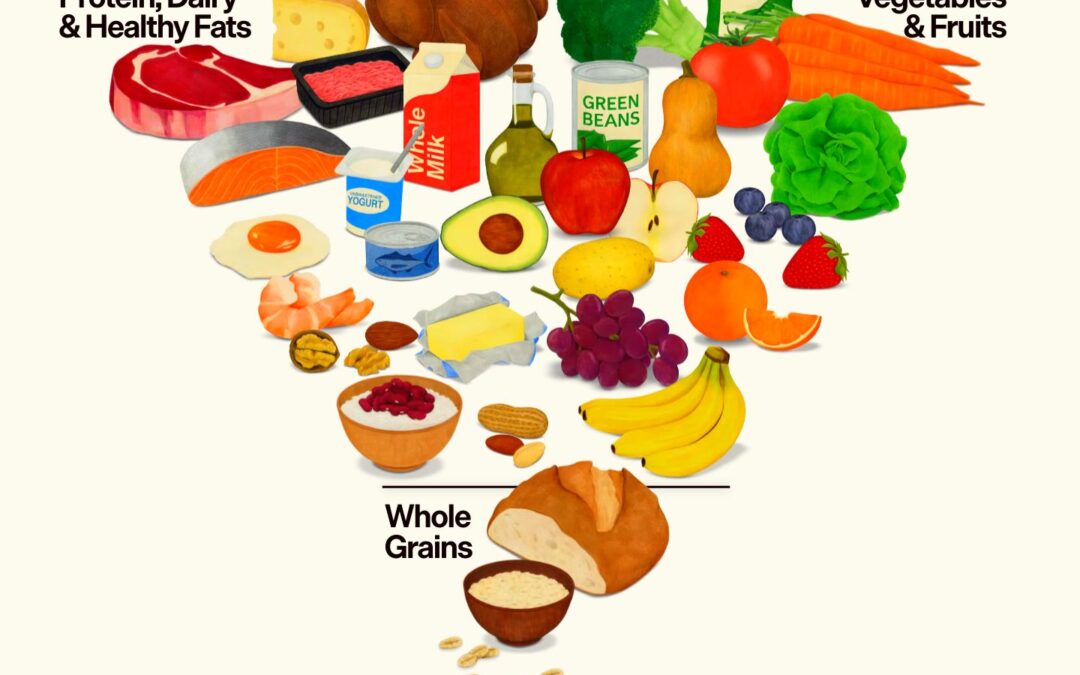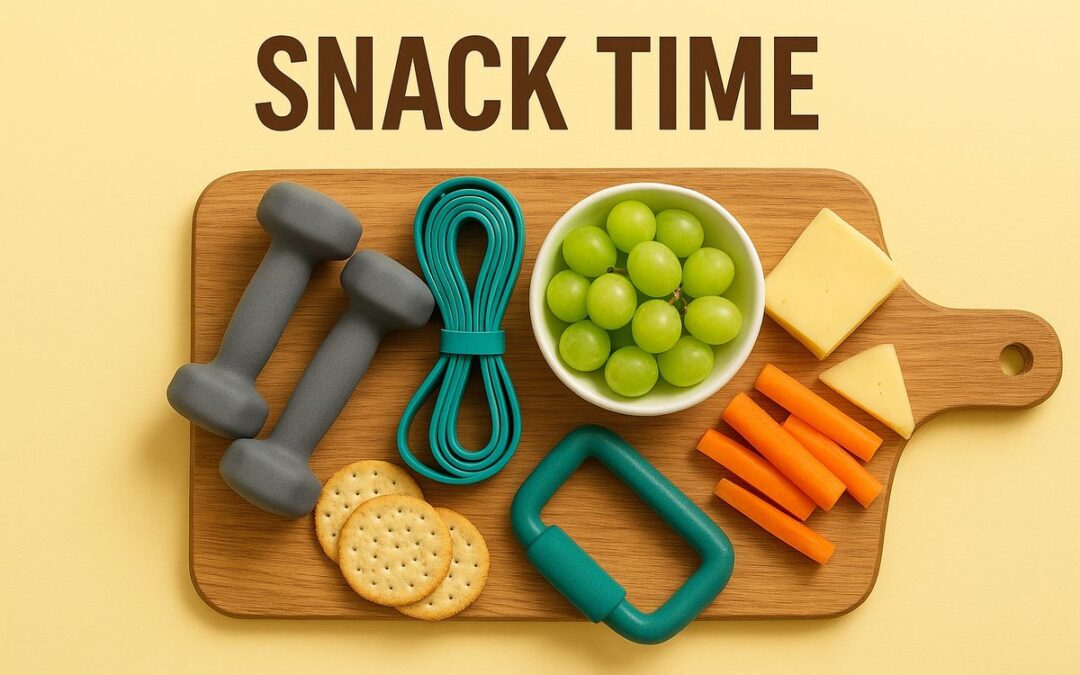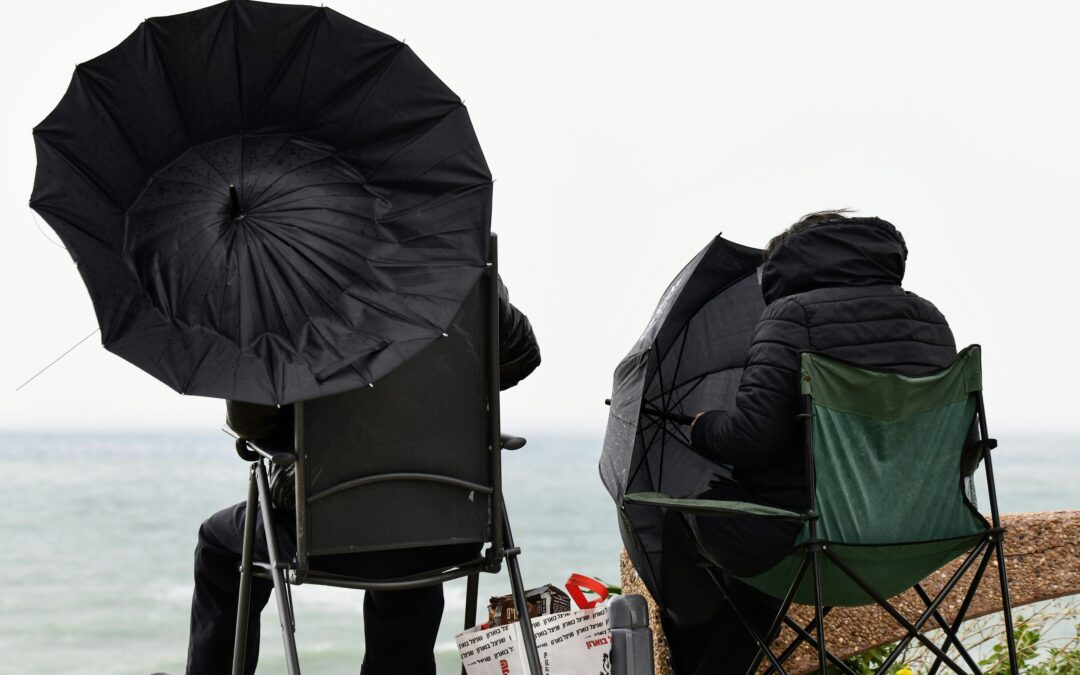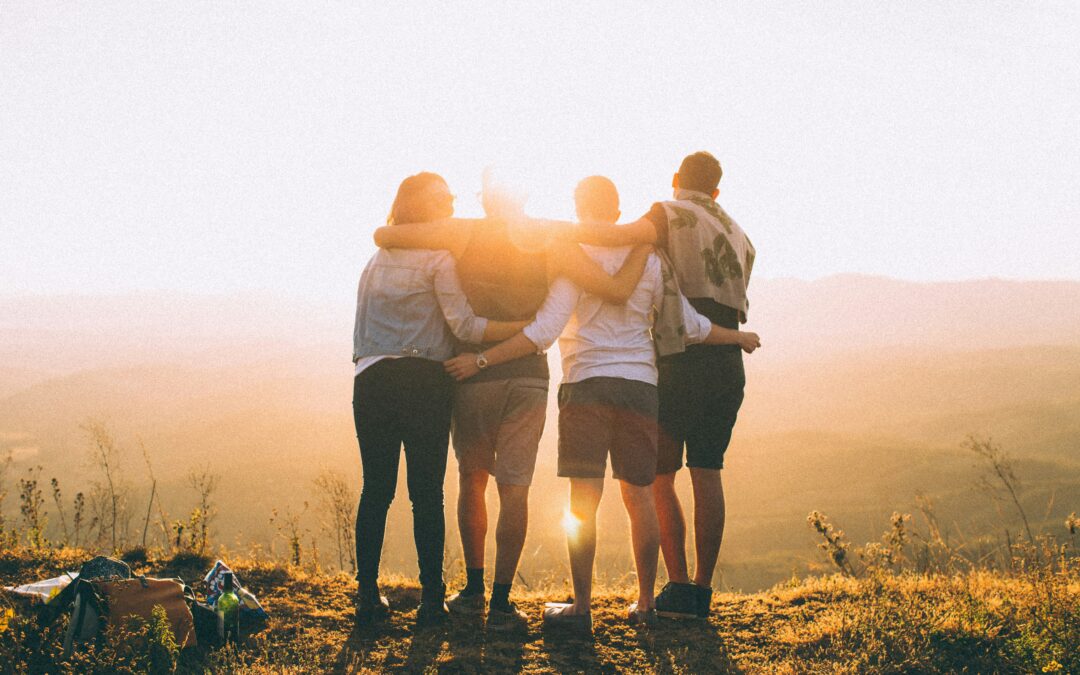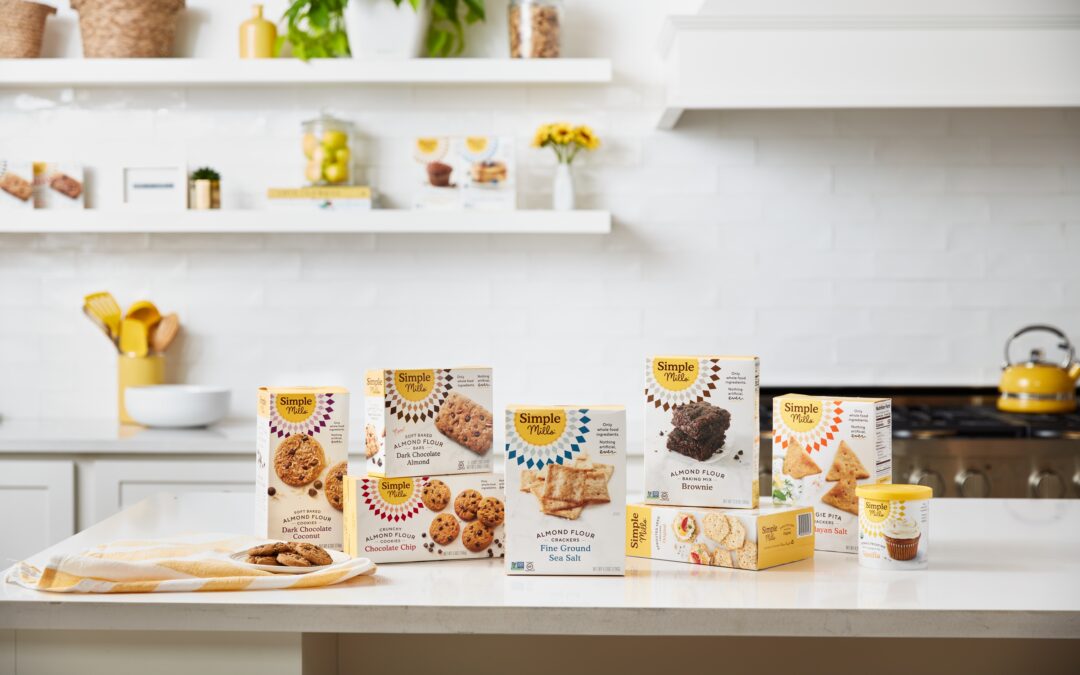For many years, this is what evenings looked like in our house: eat dinner together as a family at the table, one parent cleans the dishes while the other bathes our son and gets him into bed, and then my husband and I would meet on the couch, each grabbing our chosen dessert or snack to eat mindlessly as we watched TV for an hour or two. It was our time to decompress, chat and munch without a toddler to disturb us. It became our ritual.
The Cleanse That Changed It All
Then something changed. A friend at a dinner party showed up with a green smoothie, explaining she was on a cleanse and how awesome this cleanse always made her feel. It was January, so, feeling bloated after holiday indulging, my husband and I decided to try the cleanse, too. One of the main rules of the cleanse is that you can’t eat anything after your “dinner” smoothie, allowing your digestive system at least 12 hours to do its thing, including detoxifying. This was HARD for us. We found the only thing that really kept us from eating was having tea instead. One night we even got fancy and had a tea flight! We lasted the three weeks (barely) and then went right back into the nighttime snacking routine. Old habits really do die hard.
Not Just a Fad
Finally, after my third time completing this cleanse, I made the connection that the 12 hour fast was crucial ALL the time, not just while on the cleanse. I learned more about it in my health coaching curriculum, and also when various friends experimented with intermittent fasting. It was a challenge to cut out all nighttime snacking (particularly for me when it comes to desserts), but I knew I’d successfully done it three times already, so I made a commitment to it as a part of my regular routine.
What Happened
Number one, I lost weight. This probably happened for two reasons: without any extra food after dinner, I was simply eating less. Was I skipping dessert? (Do you know me?) Not necessarily. After finishing dinner, if I felt I still wanted a bite of something sweet, I had it right then to avoid eating late into the night. Often, I was too full from dinner to have much, if any, dessert.
I also lost weight because my body was burning more fat in the morning. When you fast, even for 12 hours, your body must turn to fat stores for energy rather than the sugars and carbs from what you just ate. Because I’ve been a morning workout person ever since my son made his appearance, I was burning even more fat.
I felt more energized, and overall just “better.” I was drinking a lot more water and tea to stave off hunger during my fasting period, so I was extra hydrated. The hydration, paired with allowing my digestive system to rest and heal, also contributed to more regularity in my bowel health (yeah, I talk about pooping with clients, too. It’s an important part of wellness!).
Recently I decided to try a longer fasting period, upping it to 16-17 hours daily. Surprisingly, hunger really isn’t an issue–keep in mind I worked my way up to this and do not suggest someone who’s never fasted jump right to it. I found this was the boost I needed in feeling trimmer and less bloated. And, though I may not feel it physically on a daily basis, I feel confident knowing that overall I’m helping my body detox and deep clean regularly.
Edit on May 4, 2025:
While I still stand behind skipping nighttime snacking and fasting overnight, a few things have changed as I’ve learned more about women’s hormones. If you’re male, continue to rock on with intermittent fasting–it’s been proven to be beneficial for your body.
If you’re female, keep reading this. Due to morning cortisol spikes, WOMEN REALLY SHOULD NOT DO INTERMITTENT FASTING. When you fast, cortisol spikes even more, which leads to high anxiety and the storage of more body fat. Sounds like a lose-lose to me. I’ve recently learned from Dr. Stacy Sims that women should eat at least a small bite first thing in the morning–within 30 minutes of waking up. This tampers the cortisol and also gets your metabolism going. It signals to your body, especially if you’re doing a morning workout, “Hey, no need to stress or hang on to extra fat for energy. You have energy coming in the form of food.” If you’re not hungry in the morning, have no fear: this “Morning Bite” as I like to call it can be literally one hard-boiled egg, a spoonful of nut butter, or a couple spoonfuls of Greek yogurt. Something with a little fat, a little protein, a little carbs. If you really can’t stomach solid food first thing, there’s also protein coffee (or you can easily turn this into protein tea like me since I don’t drink coffee!)
Wondering if you’ll still be able to get your 12 hour detox fast in overnight if you eat first thing? No need to get anxious about this either; a 10-11 hour fast still gets the work done!
The Science Behind It
Basically your digestive system needs about 8 hours to move all your food through your stomach and small intestine. After that time, your body signals a “deep clean” state. Accumulated toxins are released from tissues into your bloodstream and lymphatic system. The liver then works to neutralize and eliminate these toxins, with the help of antioxidants, vitamins and minerals from the foods you eat. It’s a complicated, multi-phase process that ends with the neutralized toxins exiting your body through urine. The deep clean takes around 4 hours. Thus, the minimum 12-hour window of fasting.
When you do not have this 12 hour fast regularly, either the toxins are never released from your cells and tissues, or they get released into the bloodstream but not neutralized, causing even more damage. “What toxins?” you may ask. In general, the toxins I’m referring to can be environmental, and chemicals we ingest in the foods we eat and products we apply to our skin. Even if you are very careful about eating organic foods and using products with no harmful chemicals, environmental toxins are virtually impossible to avoid. Besides that, think about all the waste products that are continually being evicted from our bodies: carbon dioxide, uric acid, food debris. Your body is designed to identify and eliminate what’s not good for you. Now you just need to step out of the way and let it do its thing!
Tricks of the Trade
A couple of tricks I use to make it easier to stop snacking after dinner:
- Brush your teeth right after dinner. I don’t know about you, but I’m tired at night and the thought of having to brush my teeth twice doesn’t sound good.
- When feeling “snacky,” reach for a non-caloric drink. Water, electrolyte water (without added sugars), and unsweetened herbal tea are great choices. Avoid caffeine, and if you need a little something in your tea, try a monk fruit or stevia sweetener. Both are zero calories and generally safe for your health.
- Get busy. (No, not like that! Well, maybe like that if it keeps your mind off it.) Keep yourself occupied so you’re not obsessing over food. If snacking and watching TV go hand in hand like they did for me, do something other than TV until you are used to not eating.
- Eat a satisfying dinner. Make sure your dinner has a balance of protein, healthy fats and healthy carbs to keep you full until bedtime. If you “need” a sweet after dinner, eat it immediately afterwards.
- Avoid alcohol. Yes, drinking alcohol after dinner still counts as calories and will not enter you into your fasted state. Not to mention, alcohol wreaks havoc on digestion and sleep–AND lowers inhibitions, making it much easier to justify that bag of popcorn or bowl of ice cream.
Since I first drafted this blog post, my husband decided he really wanted to stick to no food after 8:30pm. He has done it–and has lost weight and slept better ever since. Not to mention, he is proud of himself for sticking to something hard. I encourage you to give it a try and give yourself something to be proud of!
Good Luck! And don’t forget, if you need guidance making this or other changes in your wellness routine, please reach out to chat!
~Nicole

